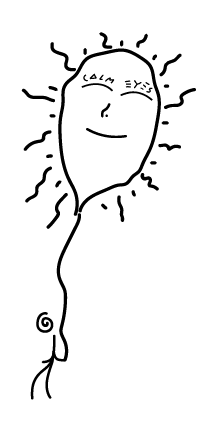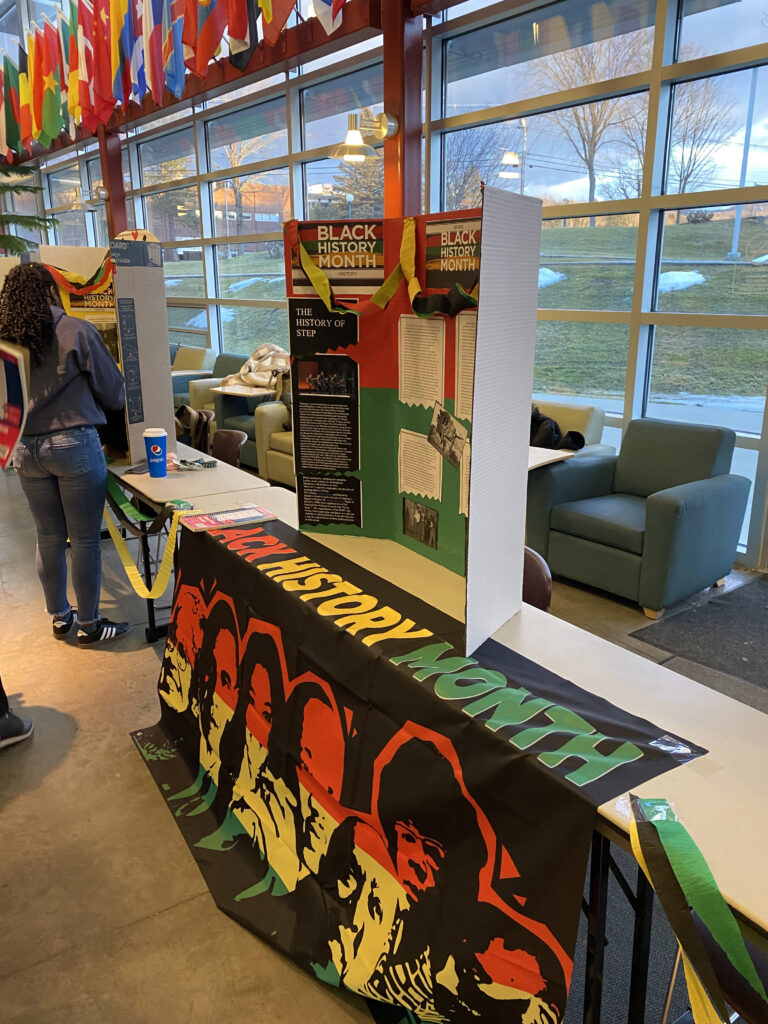Students weigh in on Biden and Trump
Twelve Castleton University students were recently asked whether they prefer current President Joe Biden or former President Donald Trump, and if they approve of the job Biden is doing.
The survey results told the perhaps predictable story that students prefer Biden over Trump, but not by much.
Three students preferred Biden, seven had no feelings either way, and two students preferred Trump. And nine out of 12 said they approve of the job Biden is doing. But overall, the strongest feeling about Biden is that he’s mediocre.
“He’s not the best, and not the worst,” sophomore Eden Goldstein said in a neutral tone.
Statistically, higher education skews left. With that in mind, it’s clear Biden hasn’t had a strong impact on this sample group. Given the results, it seems political literacy and engagement in the younger population is on a rapid decline.
Whether it’s because of the constant flow of chaos and headlines Trump’s presidency consisted or whether Biden is just viewed as an old, incoherent white dude who’s too washed-up, young people are sick of leaders who are only concerned with their interests when it benefits their reelection. Is young people’s increasing cynicism to blame for the lack of interest? Or does a fall-off of engagement exist at all?
“The 2022 midterms seem so far off, and only real political nerds are thinking about them with any regularity. For most Americans — students even more so — it won’t be until October that they start to pay attention to the campaigns in any regular way,” said Rich Clark, a political science professor at Castleton University, and founding director of the Castleton Polling Institute.
Engagement in politics enters the non-political-nerds’ life in waves like sports seasons. Keeping up with politics all year is exhausting for the average person. But what causes students to favor one of the other?
“I can’t say I loved him, but Trump was more action-oriented. Biden is lowkey racist,” said freshman Perry Chiadika with concern on his face, and his brow on the verge of furrowing.
The commonly held belief of the two students surveyed who prefer Trump is similar to those who voted for Biden in 2020; the preferred candidate isn’t more admired, but less hated.
Those who prefer Trump had more to say about why they support him than those who prefer Biden. Although the survey of 12 students can’t be viewed as a reflection of the nation, if Trump is the nominee, it will be interesting to see if the results were any indication of election outcome.
“As far as your “random” sample reflecting a broader opinion, I’m dubious. While Biden’s approval ratings are underwater (about 41% approve while 54% disapprove), they are not dismal, and we’ve seen a lot of incumbents win second terms as president with similar approval ratings at this point in their administration,” Clark said.
Most students surveyed agreed both Trump and Biden are too old, and a younger president is needed.
Adrienna Franco, a freshman, states “I don’t have strong feelings to support it, but I don’t approve of Biden. I think his chances for reelection are pretty bad. I think he’s too old.”
She adds with bright eyes, “I try to stay out of politics generally. My mom loves Biden, and my dad is a big Trump-supporter. Thankfully they don’t fight, they just try to keep to themselves about it.”
Collin Moriarty, a sophomore, agrees.
“So far I don’t approve of Biden. But they both could have done better. And I felt Trump did better with his first term,” he said.
Clark offered insight as to what leads voter participation in-general, and what Vermonters can expect coming this midterm election in fall.
“It is almost certain that the Democratic candidate will be a woman giving Vermont a chance to erase itself as the only state in the union that has not sent a woman to Washington as part of its congressional delegation,” he said. “Given this, I would expect that Castleton’s student turnout numbers will exceed what we saw in 2018. In the 2018 midterms, 35.9% of eligible voters among Castleton students actually voted; that’s a pretty poor turnout, but it was 14 percentage points higher than the 2014 midterm turnout for CU students. So I’m hopeful that we’ll do better.”








